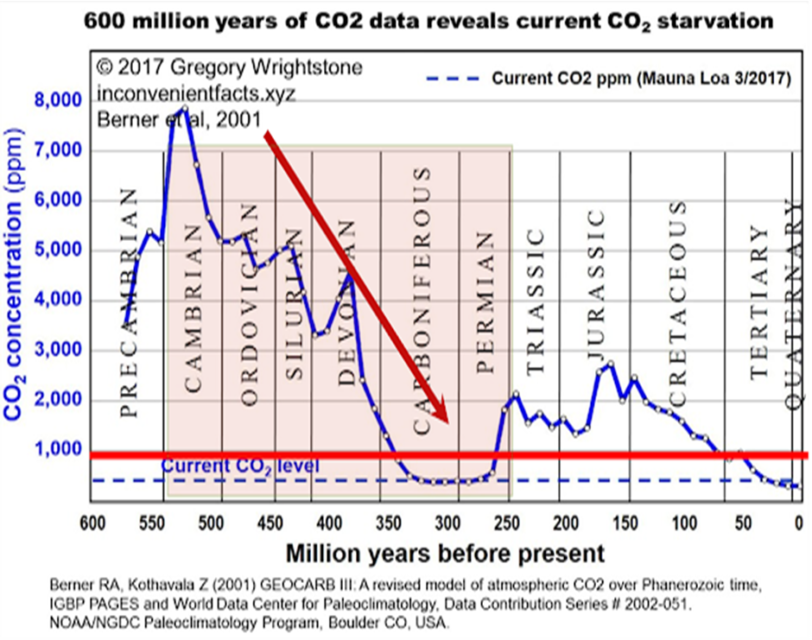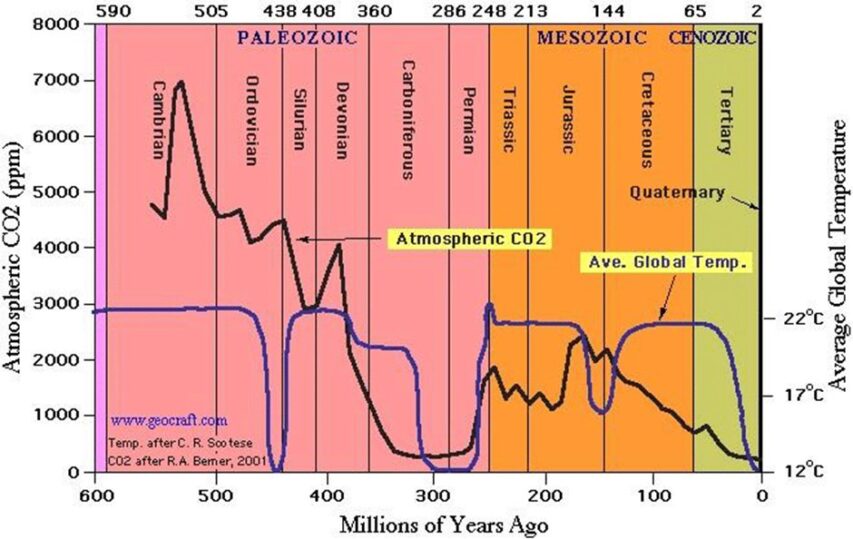Ted Gioia will stack his coffee-drinking credentials against anyone, but even he is saddened by what Starbucks did to his favourite hot beverage:
I’ve tried it all, from those crazy hot coffee can dispensers in Tokyo, to Alfred Peet’s humble coffee dispensary in Berkeley (with the master presiding), to actual Colombian in Bogotá and handpicked Kona on the plantations of Hawaii.
Mr. Prufrock has nothing on me. I’ve measured out my entire life in capacious coffee spoons — and make no apologies for it.
But this requires a proper level of gravitas. I don’t just slurp it down. I treat it as a ritual, conducted with mindfulness and reverence. You should do the same.
So I’ve watched with dismay as coffee got turned into a joke.
I mention this in response to the crisis at Starbucks — which reported ugly financial results on Tuesday. Sales are down. Profits are down. Store traffic is down. Everything is down.
Here are some headlines from the last week.
This makes no kind of sense.
How can you lose when you’re selling an addictive substance? Even the most brain-cell-deprived stoner in your high school class eventually figured out how to deal.
When did they get so clueless in Seattle? I’ve heard many explanations.
Some complain that coffee got too expensive — and that’s true. Others will point to the declining quality of the Starbucks experience — and I can’t disagree. I’ve seen things go down in front of the barista straight out of the Battle of Stalingrad.
But the biggest problem is one Starbucks created.
They turned coffee into something ridiculous.
Every comedian now has a five-minute riff on coffee in their routines. In a day when it’s dicey making jokes about people, Starbucks comes to the rescue. Nobody gets offended when those silly beverages are jeered — they are the punchline that keeps on giving.
How did Starbucks become a laughingstock?
Maybe it started with selling a Pumpkin Spice Latte that had zero pumpkin in it. Whatever the reason, there’s something about this beverage that invites mockery — so much so that comedians have actually demanded a moratorium on pumpkin spice latte jokes.
That didn’t stop the drink from gaining a sizable hipster following. Those latte-swilling bros should have been a warning sign. But instead of reading the room, Starbucks pushed ahead with a host of other goofy drinks.







